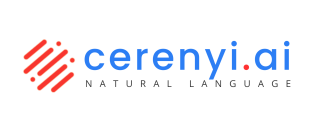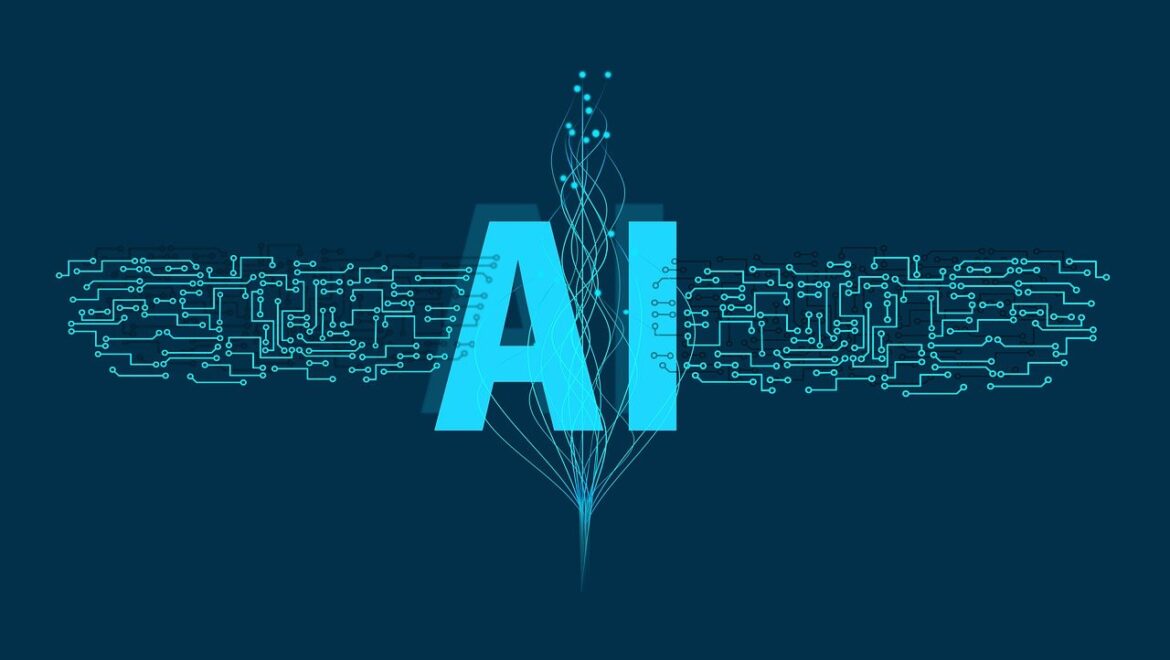The rise of Artificial Intelligence (AI) is rapidly transforming our world, and the workplace is no exception. News headlines often paint a picture of robots replacing human workers, leading to widespread unemployment and societal upheaval. However, the reality of AI’s impact on work is likely to be more nuanced. This blog post explores the exciting possibilities and potential challenges that AI presents for the future of work, and how businesses can prepare for this evolving landscape.
AI: A Partner, Not a Replacement
AI is not here to steal our jobs. Instead, it is poised to become a powerful partner, automating mundane tasks and freeing up human employees to focus on their strengths – creativity, critical thinking, and social intelligence. Here’s how AI is likely to reshape the future of work:
- Automation of Repetitive Tasks: AI excels at handling repetitive tasks that are prone to human error, such as data entry, scheduling, and customer service inquiries. This will allow employees to focus on more strategic work that requires human judgment and problem-solving skills.
- Augmentation of Human Capabilities: AI can analyze vast amounts of data and provide valuable insights, empowering human workers to make better decisions. Imagine doctors using AI-powered diagnostic tools or salespeople leveraging AI for personalized customer recommendations.
- The Rise of New Job Roles: AI will undoubtedly create new job opportunities in areas like AI development, data analysis, and cybersecurity. Businesses will need skilled professionals to design, implement, and manage AI systems effectively.
Potential Challenges to Address
While AI offers a promising future, some challenges need to be addressed:
- Job displacement: While new jobs will be created, some existing roles may be automated entirely. This transition will require workforce training and upskilling programs to ensure a smooth adaptation.
- The Skills Gap: The future of work will demand new skillsets. Employees will need to develop technical skills in data analysis and digital literacy, alongside their existing human-centric skills.
- Ethical Considerations: As AI plays a more significant role in decision-making, issues like bias and fairness need careful consideration. Businesses need to develop ethical frameworks for AI development and deployment.
Embracing the Future of Work with AI
Here’s how businesses can prepare for the AI-powered future of work:
- Skill Development: Invest in training programs to equip your workforce with the skills needed to thrive in an AI-driven workplace.
- Upskilling and Reskilling: Bridge the skills gap by offering opportunities for existing employees to develop their capabilities in areas like AI literacy, data analytics, and problem-solving.
- Human-Centered Approach: Maintain a focus on the human element. AI should complement your workforce, not replace it. Prioritize tasks that require human interaction and creativity.
- Fostering a Culture of Innovation: Encourage a culture of innovation and continuous learning to adapt to the evolving technological landscape.
Call to Action: Partner with Cerenyi.ai
The future of work with AI is here, and it’s full of possibilities. Cerenyi.ai can be your partner in navigating this exciting new era. We offer a range of AI-powered solutions that can help your business:
- Automate repetitive tasks and streamline workflows, freeing up your employees to focus on higher-value activities.
- Gain valuable insights from data to make data-driven decisions and optimize your operations.
- Develop custom AI solutions tailored to your specific business needs and challenges.
Explore how Cerenyi.ai can help you leverage AI technologies to prepare your workforce for the future of work. Contact us today for a free consultation!
This blog post has provided a glimpse into the future of AI and work. By embracing AI as a partner and focusing on human-centric approaches, businesses can unlock the immense potential of AI and build a thriving workforce for the years to come.











